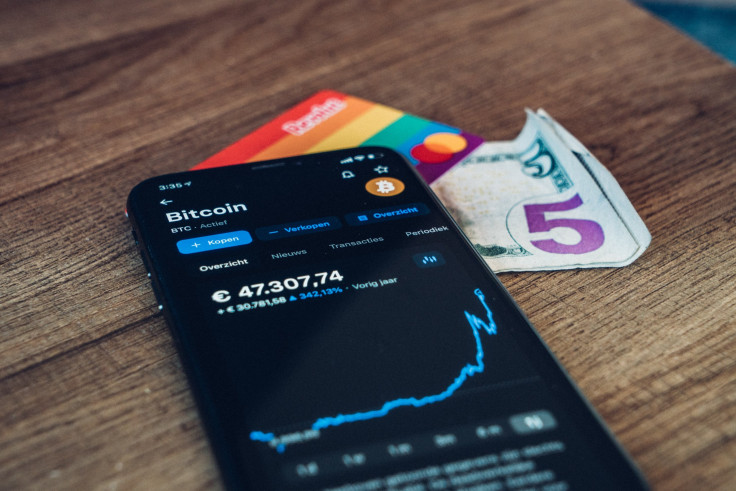U.S. Congressional Committee Investigates FTX, Coinbase And Others
KEY POINTS
- Binance.US, Coinbase, FTX, Kraken, and KuCoin received letters from the Chair of the Subcommittee on Economic and Consumer Policy
- Rep. Raja Krishnamoorthi also sent letters to SEC, CFTC, FTC and the Treasury
- He asked for policy suggestions from federal agencies and classification of cryptocurrencies
Major crypto exchanges operating in the U.S. are being investigated by consumer watchdogs within the U.S. House of Representatives who believe that crypto frauds and scams have become a major headache.
Chair of the Subcommittee on Economic and Consumer Policy of the House Committee on Oversight and Reform, Rep. Raja Krishnamoorthi (D-IL), wrote letters to five leading crypto service providers in the US, asking them to present documents on how they are combatting crypto scams.
Along with five digital asset exchanges—Binance.US, Coinbase, FTX, Kraken and KuCoin—the letters were also sent to four federal agencies—the U.S. Department of Treasury, Securities and Exchange Commission (SEC), Commodity Futures Trading Commission (CFTC), and Federal Trade Commission (FTC).
"The lack of a central authority to flag suspicious transactions in many situations, the irreversibility of transactions, and the limited understanding many consumers and investors have of the underlying technology make cryptocurrency a preferred transaction method for scammers," wrote Chairman Krishnamoorthi in the letters sent.
Krishnamoorthi believes that "skyrocketing prices and overnight riches" have attracted both professional and amateur investors to the crypto space, which made it easier for scammers to "cash in."
"I am concerned about the growth of fraud and consumer abuse linked to cryptocurrencies," Krishnamoorthi added.
He also pointed out that another point of concern is the "apparent lack of action by cryptocurrency exchanges to protect consumers conducting transactions through their platforms."
In the letter to Coinbase, a crypto exchange founded in 2012, Krishnamoorthi asked, "What mechanisms, such as insurance coverage fraud or other criminal acts, does Coinbase have in place to ensure that individuals harmed while using your services are recompensed?" He also questioned if there are steps that the administration can take to help cryptocurrency exchanges fight crypto-related scammers and fraudsters.
In letters to the four federal agencies mentioned above, he asked for policy suggestions and for the classification of cryptocurrencies as "commodities, securities, or both."
Recently, SEC Chair Gary Gensler called Bitcoin, (BTC), a commodity while adding that other coins are securities.

© Copyright IBTimes 2025. All rights reserved.




















